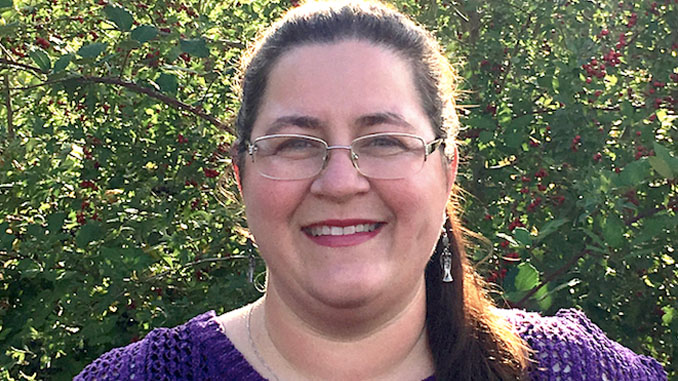One of the five goals listed in WSU Vancouver’s strategic plan is equity and diversity. One student on campus has taken that goal to heart through an effort to improve the number of ethnic studies courses on campus.

Student government Senator Holly Varner created a survey to identify interests in a set of ethnic studies classes that could be offered on campus. Varner received 200 copies of the survey from students as a result of tabling. A majority of the surveys revealed students would take more ethnic studies courses if they were offered. The campus currently offers two ethnic studies courses: Chicana studies and Latin American studies.
Some of the possible classes listed on the survey include: gender Issues in Asian-American studies, racial patterns of urbanization, queer/trans people of color, arts and activism, and others. Varner compared WSU Vancouver to other colleges, such as Stanford University, Portland State University, and even the main campus of WSU-Pullman. She found Pullman offers a wider selection of ethnic studies courses and PSU offers over 200.
Varner was inspired by a Stanford study that looked at the effects of students who took more ethnic studies classes. Postdoctoral researcher Emily Penner and professor Thomas S. Dee worked with the San Francisco Unified School District in a research-practice partnership and discovered a positive correlation between the number of ethnic studies classes taken and a gain in attendance and grades.
Varner, who is graduating this spring, conducted the survey in order to build a foundation for future students by pushing for more diverse classes to be taught on campus. While WSU allows students from other campuses to take online courses provided by the Pullman campus, Varner said in-person courses are better because they engage students better.
She explained, “You get a chance to have that critical dialogue that doesn’t exist when you’re in an online platform. So even if we were to have Pullman teachers teach us, I think that we would still be losing a portion of what we needed to have.”
For more information on the Stanford study, go to http://bit.ly/EthnicStudy
